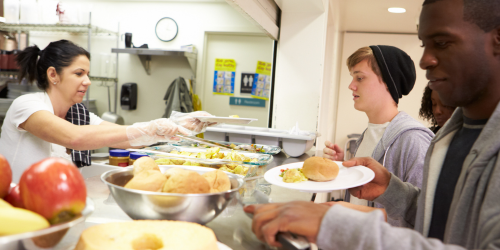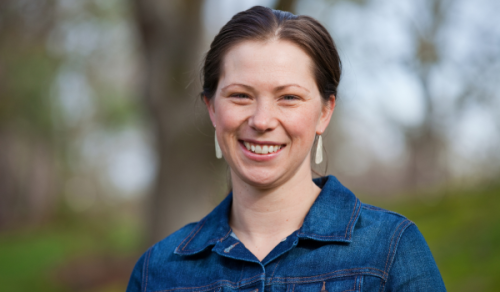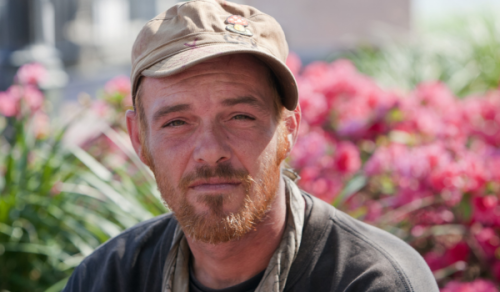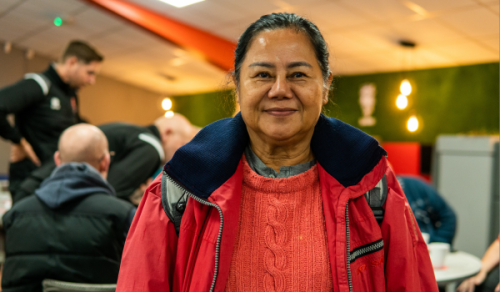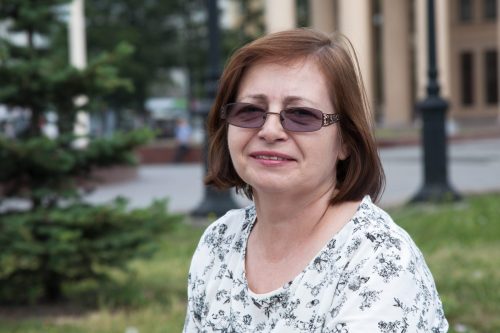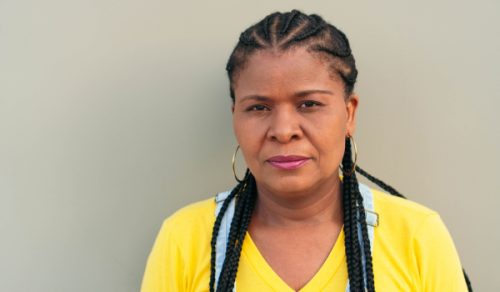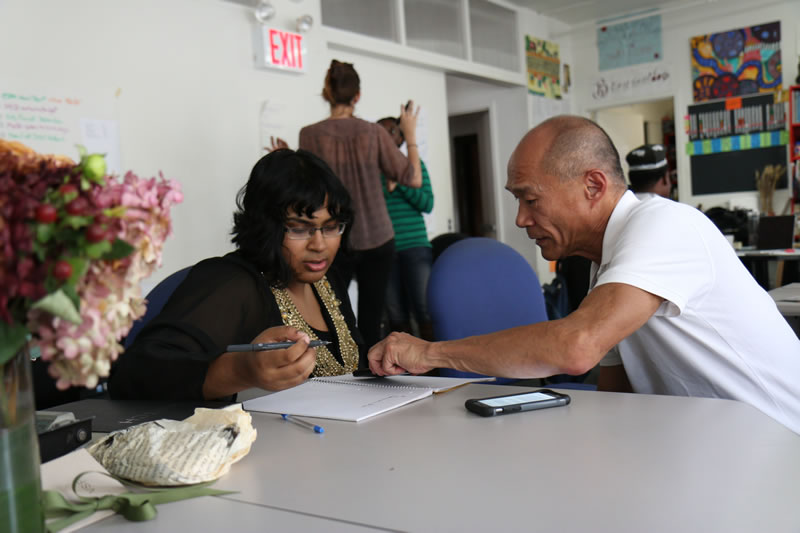
Our Services
We provide essential services across Brighton & Hove, Eastbourne and Hastings, as well as elsewhere in Sussex.
Over the past 50 years BHT Sussex has developed a diverse menu of services to support people who are homeless, or at risk of homelessness, and people who have complex needs.
Our services include: day centre provision, residential rehabilitation, mental health services, specialist housing and legal advice and work, learning and training initiatives.
Real life stories from BHT Sussex
Will
Perseverance is a trait that is present within many of our clients as well as our staff. This characteristic is particularly present in clients and staff of our Addiction Services. Clients sometimes require our support multiple times before they eventually achieve the sobriety they are aiming for. Staff equally never give up on clients and continue to champion and support them through difficult times. This conviction is best told through the story of one our clients, Will, who relapsed before returning to Addiction Services a second time. This is Will’s story. In April 2024, Will returned to the Detox Support … Read more
Erica
When someone experiences so many difficulties in life, it can be hard to figure out where to even start to address their situation. At Route One, our team are highly knowledgeable and skilled in helping people who have mental health and/or complex needs. Erica is a previous resident of Route One who was helped by the team to take control of her life and address the difficulties she was facing. This is her story.
Josie
Having someone you can rely on to help you through difficult situations is essential to a stable environment. This is what we provide in our supported housing service in Mid Sussex. Our clients each have a dedicated support worker who helps them gain independent living skills and improve their overall wellbeing. Such stability and frequent one on one support can effect great change in our clients. This was the case for Josie who came to Mid Sussex Supported Housing following a long-standing history of severe mental health issues. This is Josie’s story. Josie is a young woman with autism who … Read more
Scotty
Struggling to find employment despite incredible effort can have a big impact on someone’s health and wellbeing. This was the case with Scotty, who found it difficult to identify a clear path into work after being failed by multiple services. This, coupled with the difficulty of managing a chronic illness, made Scotty feel hopeless. However, after working with BHT Sussex’s Intern Programme, who supported Scotty and his specific needs, Scotty found a way through. This is his story. Feeling hopeless “My life was pretty bleak for many years, and I did not see much of a future ahead of me. … Read more
Iva
BHT Sussex is one of the only Legal Aid providers in the South East, making the work of our Immigration Legal Service incredibly important. This service provides advice and representation for many people trying to claim asylum in the UK. As part of this service, we help and represent many minors who have arrived in the UK unaccompanied. This was the case with Iva. This is her story. Iva was kidnapped as a 15-year-old and brought to the UK by traffickers who intended to exploit her. She managed to escape from her trafficker when she arrived in the UK and … Read more
Eleanor
Living with unsupported mental health needs can make reaching personal goals seem unimaginable and unrealistic. However, through the support offered at Route One, our mental health supported accommodation, we help set our clients on the path to meet their goals and feel more in control of their own lives. This was the case with Eleanor, who gained the tools to move on with her life after coming to Route One. This is her story. Eleanor is a 32 year old woman who was living with undiagnosed bipolar disorder and emotionally unstable personality disorder (EUPD). Eleanor was struggling with alcohol and … Read more
Jim
Many clients who seek help from First Base, our day centre for people who are sleeping rough, have multiple and complex needs. When helping a person move away from rough sleeping and into more secure accommodation, the case workers at First Base consider all the physical and mental health needs a client may have. This approach helped Jim get off the streets. Read his story below. “Before I came to First Base, I had lost my supported accommodation and was rough sleeping on the streets. On my first visit to First Base, one of their case workers asked me if … Read more
Nadiya
Our Homes for Ukraine Sustainment Service not only supports Ukrainian refugees and their hosts throughout their placements, but we also support Ukrainians who want to move into the private rented sector. The housing system works completely differently in Ukraine, so many people feel lost and confused. One such person is Nadiya, who we helped find her own home after she felt ready to leave her host. Nadiya is a 40-year-old woman who was living with a host in Sussex after fleeing Ukraine due to the war. Nadiya wanted her children to come and live with her in the UK, as … Read more
Harsha
Pathfinder West Sussex is an alliance of organisations working together to empower people to improve their mental health and wellbeing. BHT Sussex is part of this alliance. Pathfinder prides itself on its volunteer Peer Mentors, who use their lived experiences of mental health challenges to create a supportive environment where their clients can discuss their needs, as well as work towards achieving their goals and aspirations. Harsha first came to Pathfinder in 2014. This is her story. “In 2011, I was at my lowest in my life. I was alone, lonely and felt isolated from everyone and everything around me. … Read more
Jacqui
There can be many factors that build up to cause someone to be insecurely housed. For Jacqui, the loss of her job and the breakdown of her marriage led her to become a member of the ‘hidden homeless’ population, as she was sofa surfing. This is when she sought the help of the Accommodation for Work project at BHT Sussex. Jacqui first came to the project following her separation from her ex-husband. He retained the family home to look after their children as he was not working. After moving out, Jacqui stayed on her mother’s sofa and worked part time. … Read more
Lindsay
BHT Sussex is a member of Pathfinder West Sussex – an alliance of organisations working together to enable people with mental health support needs, as well as their carers, to improve their mental health and wellbeing. As part of this offering, Pathfinder has many volunteer peer mentors. Peer Mentors use their lived experiences of mental health challenges to create a supportive environment where their clients can discuss their needs, as well as work towards achieving their goals and aspirations. This is the how one of our peer mentors, Lindsay, became a volunteer at Pathfinder. “I ended up in hospital due … Read more
Diane
As an organisation, one of our core missions is homelessness prevention. One way we do this work is through our Housing Advice and Legal Services. One of our clients, Diane reached out to us after rent arrears had built up over many years, and she was facing homelessness. This is her story. Diane had been a sole tenant of a Housing Association property for twenty-eight years. She was renting a three-bedroom flat and had brought up three sons in the property. Diane initially lived at the property with her partner, but they had separated for a period of time and … Read more



